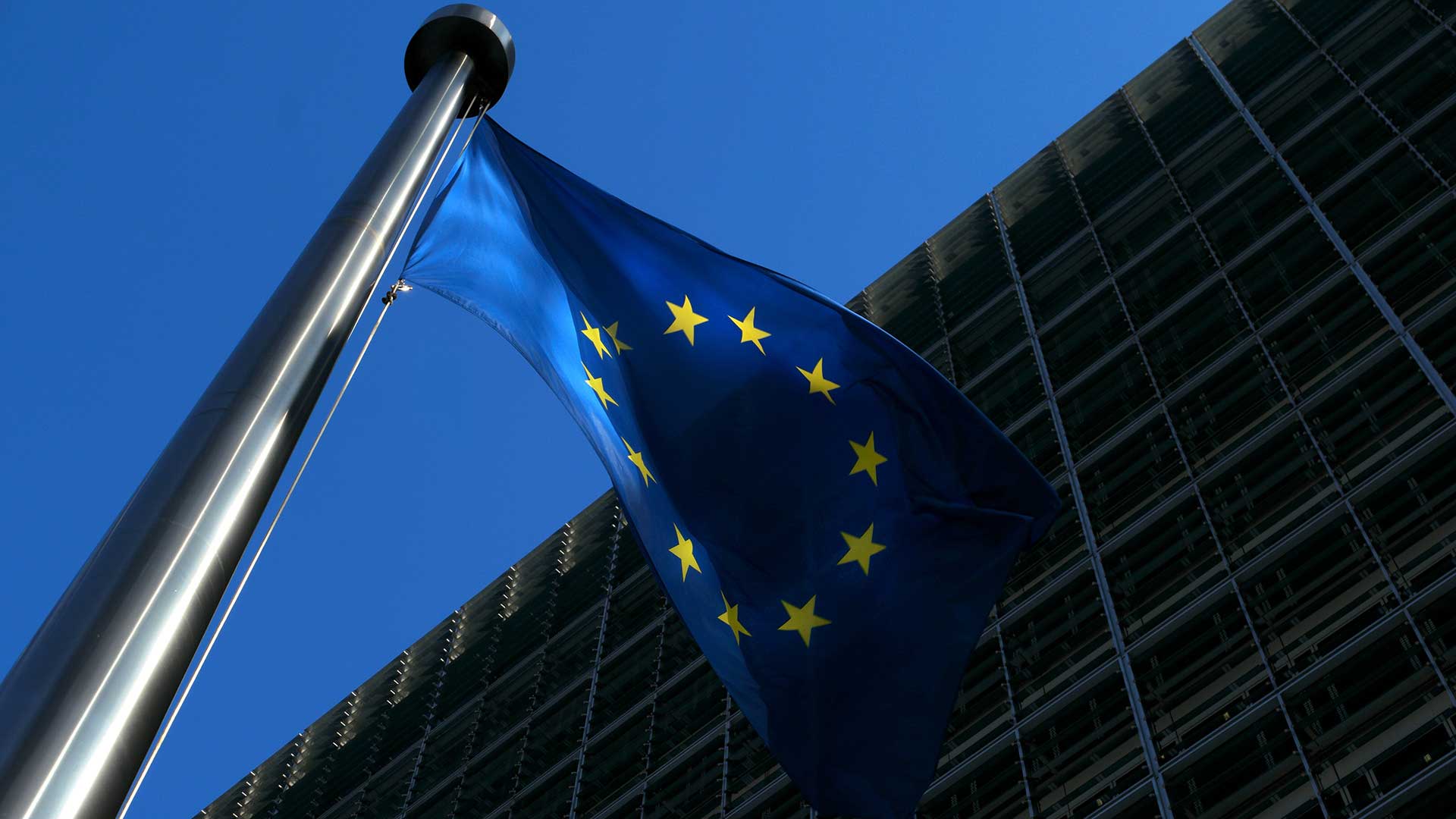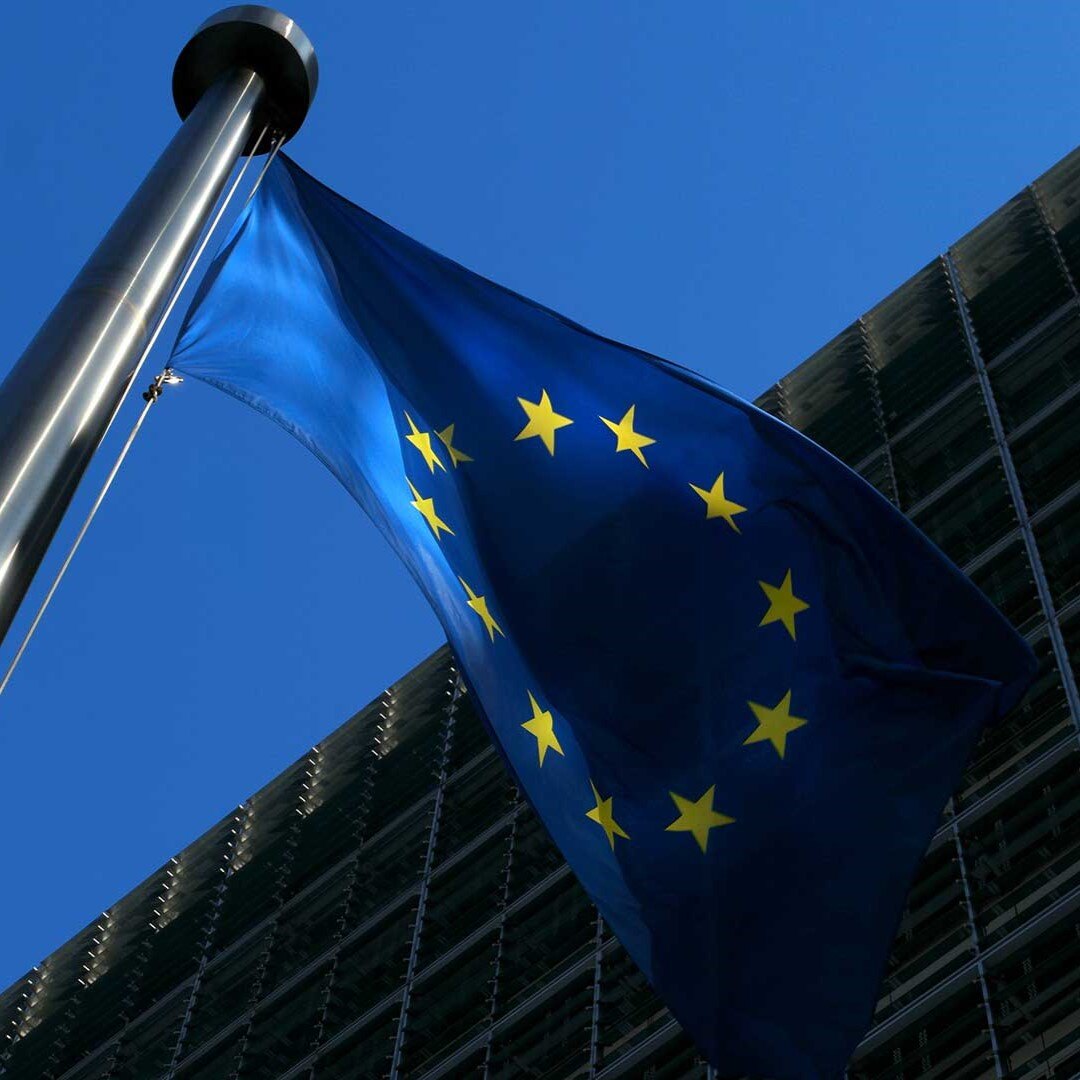European citizens' interest in the upcoming elections
Spring 2024 Eurobarometer
The opinions and behaviours of Europeans in the run up to these elections have been captured by Verian experts in the latest European Parliament’s Spring Eurobarometer, conducted in February-March 2024.

On 6-9 June, European citizens will vote for European Parliament. The opinions and behaviours of Europeans in the run up to these elections have been captured by Verian experts in the latest European Parliament’s Spring Eurobarometer, conducted in February-March 2024.
The upcoming elections have garnered significant attention among Europeans when compared to the 2019 election. European Parliament’s Spring Eurobarometer found that six in ten respondents stated they were interested in the coming elections whereas less than half (49%) said so at a similar period of time in 2019. This increase is mainly driven by those who are “somewhat interested”, whose share increased from 36% in 2019 to 43% in February-March 2024. The interest has also increased slightly (+3 percentage points) since the Autumn 2023 survey.
The interest in European elections varies significantly among EU Member States. The highest results are seen in the Netherlands (72%), Germany (70%) and Ireland (69%), whereas the lowest interest is recorded in Czechia (38%), Bulgaria (40%) and Slovakia (43%). Nevertheless, interest throughout Czechia grew substantially since the Eurobarometer survey conducted prior to the previous elections in February-March 2019 (16% to 38%, +22 p.p.). Whereas the 5-point increase in Slovakia (from 28% to 43%) was among the smallest in the EU. Czechia, Croatia (37% to 61%, +24), Lithuania (36% to 56%, +20) and Finland (44% to 64%, +20) have experienced significant increases in interest, where those interested also have become the majority.
Variations in interest levels are also found between age groups where, respondents aged 55 or older are more likely to express interest than those between the ages of 15 and 24 (60% vs 51%) and those who finished their education at age 20 or older tend to be more interested than those who finished their studies before turning 16 years-old (69% vs 50%).
Those who say they are interested in the next European elections are – logically – more likely to know the exact dates of these next elections than those who do not express interest (17% vs 8%). In the whole of the EU, 14% of the respondents know the correct date, 15% the correct month and year and 38% know that the elections will take place this year but are unable to correctly identify the month. The highest knowledge of the correct date is in Belgium (26% of respondents) and Malta (24%) while the lowest is in Spain (2%), Finland, Ireland and Slovenia, all with 6%.

Latest insights
18 Oct 2024
Our latest thinking
Our expert teams around the world regularly produce research and insights relating to public policy issues.
You can unsubscribe at any time.




